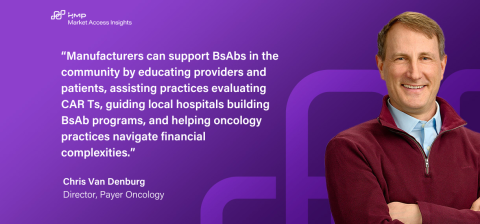

Article
Humana Quits Commercial
March 22, 2023Authors
Topics
Welcome to the March 2023 edition of our Monthly Insight Series. This month we discuss how Humana terminated its employer group line of business and the implications.

Humana recently announced that it will terminate its employer group line of business. This may make sense for Humana for two reasons: government programs currently provide a much higher ROI compared to commercial/employer business, and the company enjoys a strong Medicare Advantage (MA) market position (second only to United Healthcare Group) but has suffered from low market share in its commercial lines. By 2021, commercial lives contributed only 6% of the company’s revenue.

Humana By the Numbers
- “Per capita” premium revenue is ~3.6x higher for its Medicare Advantage members versus its commercial/employer lives
- Medical loss ratio is similar between its overall government business and its overall Group & Special business (~88% and ~83%, respectively); given the higher per capita premium, this means a higher gross margin for Humana
- Operating Cost Ratio is ~60% less on the government side, again suggesting higher margins
- Based on membership volumes and the premiums received, Humana’s government program total earnings are 13x higher than those for its commercial/employer business
Expanding commercial volume inevitably requires stealing share from other insurers, while Medicare Advantage also offers the opportunity to convert fee-for-service Medicare lives to Medicare Advantage. However, by putting most of its eggs in one basket (Medicare Advantage), Humana increases its vulnerability to potential legislative changes to the program that may reduce the financial attractions. For example, CMS’ 2024 Advance Notice might reduce Medicare Advantage spending by an average of $540 per Medicare Advantage enrollee.
All our best...
-- HMP Market Access Insights Team
The Latest
Article
Meet Ashu: Organizer & Researcher Extraordinaire; Artist at Heart
Ashu is the glue that keeps our team organized and running smoothly. This year, he’s been particularly fascinated by the growing consolidation among community practices and how it’s reshaping the oncology landscape.
Ashutosh ShethArticle
Beyond AMCs: CAR Ts and Bispecifics in Community Oncology
CAR T-cell and BsAb therapies are powerful but largely confined to AMCs, limiting patient access. Our latest report explores how expanding to community oncology could improve access, addressing key clinical, logistical, and financial challenges.
Chris Van DenburgArticle
Meet Emma: Research Leader and Master Baker
Not only does Emma have over a decade of experience supporting academic health systems and integrated delivery networks (IDNs), but she’s also the go-to for a delicious apple pie.
Emma Bijesse





